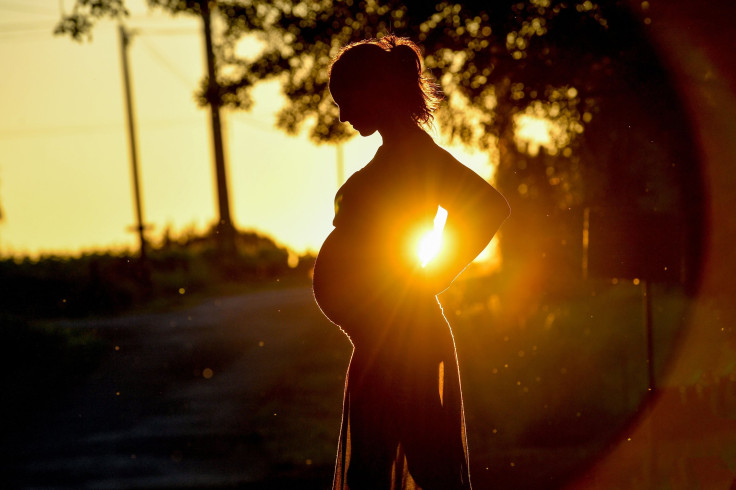Artificial Ovaries Will Help Cancer-Surviving Women Get Pregnant 'Naturally,' Scientists Say

Scientists in Rigshospitalet in Copenhagen, Denmark, are currently developing artificial ovaries which will give women, who have become infertile after receiving chemotherapy to treat cancer for extensive periods of time, a chance to conceive naturally.
“This is an extremely important advance in the field of fertility preservation,” said Adam Balen, professor of reproductive medicine and surgery at Seacroft Hospital, Leeds, Independent reported.
“The ability to successfully create a ‘new ovary,’ by removing any tissue that might potentially reintroduce the cancer and fashioning a scaffold on which to grow the egg-containing follicles, allows the reimplantation of a ‘safe’ ovary, with the potential to successfully restore fertility,” he added.
Currently, women who are due to receive chemotherapy or radiotherapy to treat cancer, are left with two options if they want to become mothers in the future. For adult women, the option is to freeze their eggs before risking the destruction of their ovarian tissues through cancer treatments.
For women who have not started ovulating, the preservation of their ovaries — containing thousands of immature eggs in fluid-filled sacs called follicles — will be done and after the treatment is completed, these will be transplanted back into their bodies, BBC reported.
However, this leaves the slight chance that the cancer had spread into the ovary and hence, transplanting ovaries containing cancerous cells back into the patient’s body may lead to the return of the disease. Although the risk is extremely “low,” doctors tend to advice against such transplants, especially in cases of certain types of cancers, such as Leukemia and cancer originating near the womb.
In their recent experiment, the scientists took ovarian follicles and tissue from patients before they received cancer treatment and proceeded to remove the cancerous cells from the collected tissue, filling up the gaps with a "scaffold" made up of proteins and collagen. They then implanted ovarian follicles or immature egg cells on the artificially engineered scaffold of ovarian tissue.
The improved ovarian tissues were then transplanted into mice, who were able to support the survival and growth of the ovarian cells.
Although the artificial ovaries have not been tested on humans, the scientists believe, in theory, the eggs would begin to mature and, in accordance with one’s menstrual cycle, be released.
“This is the first time that isolated human follicles have survived in a decellularized human scaffold and, as a proof-of-concept, it could offer a new strategy in fertility preservation without risk of malignant cell re-occurrence,” said Dr. Susanne Pors, who led the Rigshospitalet team.
If the testing on humans prove to be successful in the future, these artificial ovaries could be the answer to cancer-surviving women getting pregnant "naturally," as opposed to IVF where an egg is fertilized in a laboratory and then returned to the womb.
“If this is shown to be effective, it offers huge advantages over IVF [In vitro fertilisation] and egg freezing. Because potentially these small pieces of tissue will have thousands of eggs and clearly, if it does work, there’s the advantage of then getting pregnant the old-fashioned way. We are some years away from that, and so IVF and egg-freezing is here now and will be with us for several years, but if this works it has dramatic potential.”
The “groundbreaking” experiment was presented at the European Society of Human Reproduction and Embryology annual meeting in Barcelona on Monday and is due to be published as a study in a peer-reviewed journal.
© Copyright IBTimes 2024. All rights reserved.






















